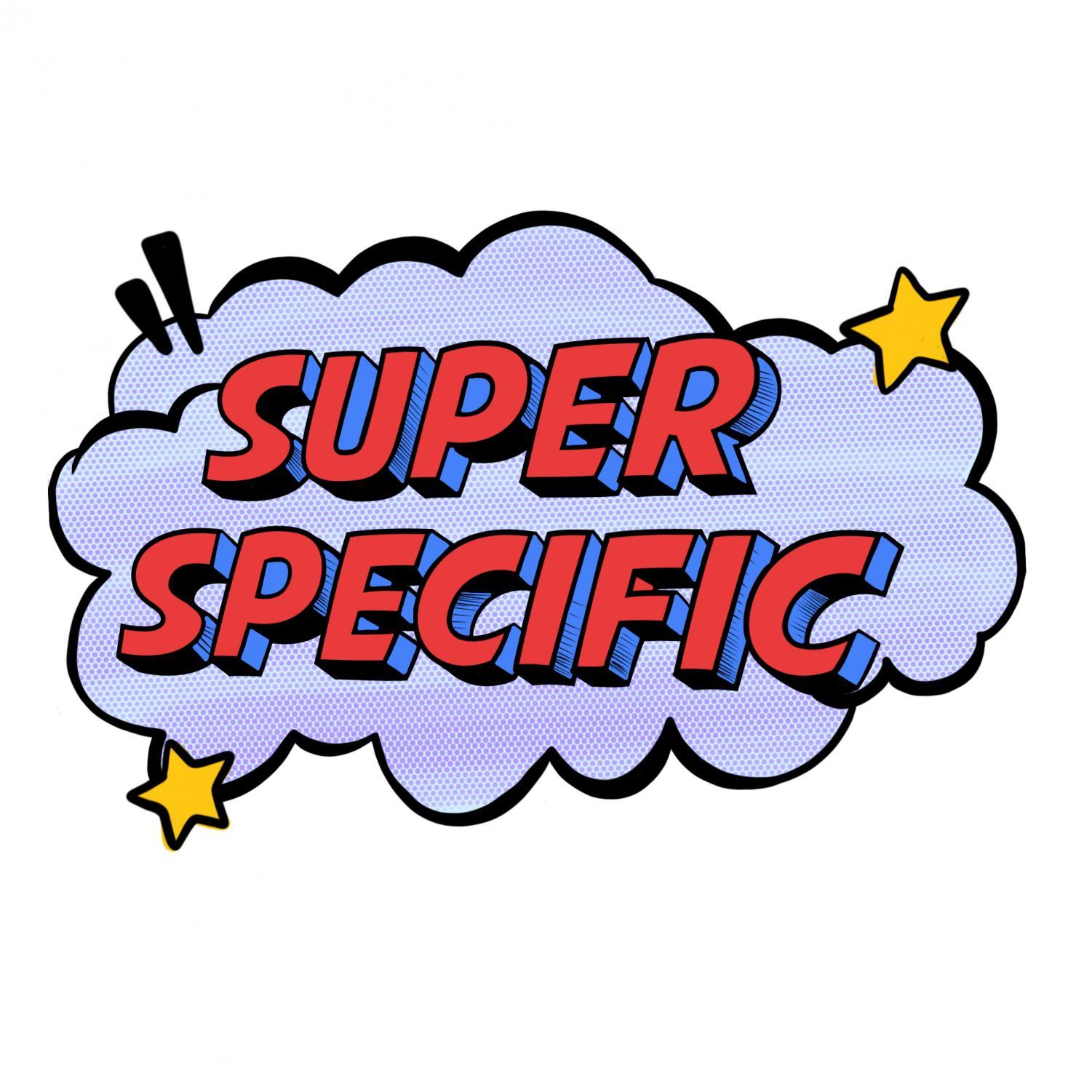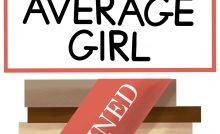Super Specific | Enough with the superhero femme fatales


In the 2010 Marvel Cinematic Universe film “Iron Man 2,” the general public was introduced to one of Marvel’s most dangerous ladies — the Russian assassin Natasha Romanoff, also known as Black Widow.
Though I am a die-hard Natasha stan, and her inaugural fight scene in the white hallway is a favorite of mine, she served little other purpose in the movie than to be ogled at. She’s dressed provocatively, and featured in a completely unnecessary undressing scene in the back of a limo on her way to beat up some goons while Happy Hogan leers from the driver’s seat.
All in a day’s work for femme fatales, I suppose.
The definition for a femme fatale is “an irresistibly attractive woman, especially one who leads men into difficult, dangerous or disastrous situations.”
Let’s be clear that there is nothing wrong with being sexy. Any woman has the right to flaunt her appeal if she so desires, and also has the right to turn away any person who wants to take advantage of her because of it.
But this does play into what I like to call the “witch or bitch” stereotype — where women in literature are only allowed to be a beautiful, amorous maiden or a haggard, old crone. That’s not all that a woman has to be — and that’s not all that superhero women should be, either.
If you think of the most popular female comic book characters, the list you’ll come up with consists mostly of femme fatales. Black Widow, Catwoman, Poison Ivy, Elektra, Mystique — the list goes on and on.
You occasionally see other characters whose main personality traits don’t center on their seducing skills, such as Wonder Woman or Storm, but there’s another aspect of these female characters that we must address. They’re all slim, fit and toned.
Plus-sized women in the superhero genre are severely underrepresented. In truth, representation for plus-sized people in the media is hard to find at all. I spent about two hours looking for statistics on this, and I’m telling y’all — even the research is barely existent.
Logically, we all know well that women come in all shapes and sizes, but everything these days is photoshopped to all hell. The same goes for the way women’s bodies are drawn in comic books.
A perfect example of the anatomical nightmares that comic-book heroines are often forced to go through is a variant cover of the 2014 Spider-Woman comic drawn by Italian cartoonist Milo Manara.
The cover features Spider-Woman, Jessica Drew, crouched on the top of a skyscraper with her butt impossibly positioned up in the air. It’s an anatomically impossible position to assume, even for the most bendable of people — and it’s drawn entirely to appeal to the male gaze.
More often than not, female superheroes are running around in some kind of skintight suit meant to accentuate their figure. And while people might argue that some male superheroes aren’t exactly wearing tactical gear while heading into battle, these male superheroes aren’t put into similar poses on the covers of their comics.
And if you haven’t had enough of misogyny in the superhero genre, there’s always some cultural misappropriation and race to add to the mix.
In early February, Jason Aaron, the current writer for Marvel’s “King Conan” comic, introduced a femme fatale into the comic storyline inspired by Native American culture who had the name Matoaka — otherwise known as Pocahontas.
For the sake of word count, let’s briefly put aside the gross misrepresentation of traditional Native American dress with her inaccurate costume, along with the blatant sexualization as indicated by her “boob coverings,” to address that Pocahontas was only around 11 years old when she first encountered the English settlers who invaded Powahatan territory in 1607.
The English eventually captured her and forced her to marry John Rolfe. She traveled with him and their young son to England, where she was paraded around in front of the gentry. She then died of an unknown illness at about age 21 on the way back to the Americas.
Pocahontas has been depicted in various movies over the years, and the accuracy of each would likely leave a historian in a coma. Though the Disney movie “Pocahontas” may have some beautiful songs, there were never any romantic interactions between Pocahontas and John Smith. My point is, people can’t seem to let BIPOC women rest and instead seem intent on hypersexualizing them for no good reason.
The depiction created significant outrage on Twitter. In response to this criticism, Aaron released a statement to news site Bleeding Cool with an apology. He said the character’s name and appearance would be changed in future editions of the comic series, and sales made from the released issue would be donated to the National Indigenous Women’s Resource Center.
Native women are stuck in one stereotype — Pocahontas is the model often used, and that model is inherantly flawed and dances on the grave of a girl who was abducted for political gain and sexually assaulted.
People have been indulging in the sexualiziation of women, both fictional and real, for literally thousands of years. Helen of Troy and Cleopatra are still silky skinned temptresses in the eyes of many. For many of the women on our comic pages, that stereotype probably won’t fade too much either.
But my hope is that future writers have the foresight to include these “sexy” depictions when appropriate. There are some things to look forward to with characters like America Chavez or Ms. Marvel.
I’m crossing my fingers that in the next comic book I pick up, the artist has done me the favor of sacrificing that boob window in the woman’s catsuit — even if it means losing the ticket sale of a couple of sad, horny men.
Recent Posts
SGB introduces new governing code bill and addresses rumors of ICE on campus
At its weekly meeting at Nordy’s Place on Tuesday, Student Government Board introduced an omnibus…
Opinion | School should be in the summer
Although this may be controversial, I believe that from this data, it is evident that…
Weathering the storm: Pittsburgh teams have tackled some of the toughest environments
The end of the year in western Pennsylvania is always marked by two things —…
Notes From an Average Girl // Notes on Book Banning
In this edition of Notes From an Average Girl, senior staff writer Madeline Milchman writes…
To Be Honest // Yup, it is that damn phone
In this edition of To Be Honest, staff writer Evin Verbrugge writes about her phone…
Meaning at the Movies | Portraying Toxic ‘Adolescence’
In this edition of Meaning at the Movies, staff writer Lauren Deaton explores the mini-series…
